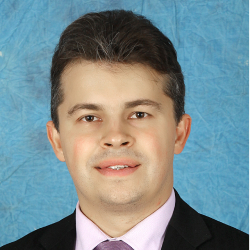Alexey Gromov, Principal Director on Energy Studies of the Institute for Energy and Finance, commented to Forbes on the Ukraine's refusal to transit Russian gas to the EU through Sokhranivka.
Alexey Gromov believes that Ukraine motivates its refusal to provide transit services for pumping Russian gas through Sokhranivka by the fact that it does not control this point of the Ukrainian GTS and, accordingly, is not ready to take assume the risks associated with transit through this section. Gazprom's problem is that in order to reorient Russian gas supplies, it is necessary to reconfigure supplies within Russia, which is not so easy.
The moment was chosen by Ukraine quite successfully from the point of view that the heating season has ended in Europe and wind turbines are working well, Gromov believes.“If there are no problems with this in Ukraine, since the Ukrainian GTS is now obviously underloaded and there is an opportunity to redirect supplies quite flexibly, then inside Russia everything is not so obvious,” the expert says. “In order to do this, Gazprom will need time.”
“At the current moment, Europe with the least losses will be able to survive a possible halt in part of the supply of Russian gas,” he notes. “Another thing is that this situation cannot last long, because the current ability of European countries to do without Russian gas is just a few months, and then the question arises of filling storage facilities and preparing for the autumn-winter heating season.”

Subscribe for updates
and be the first to know about new publications